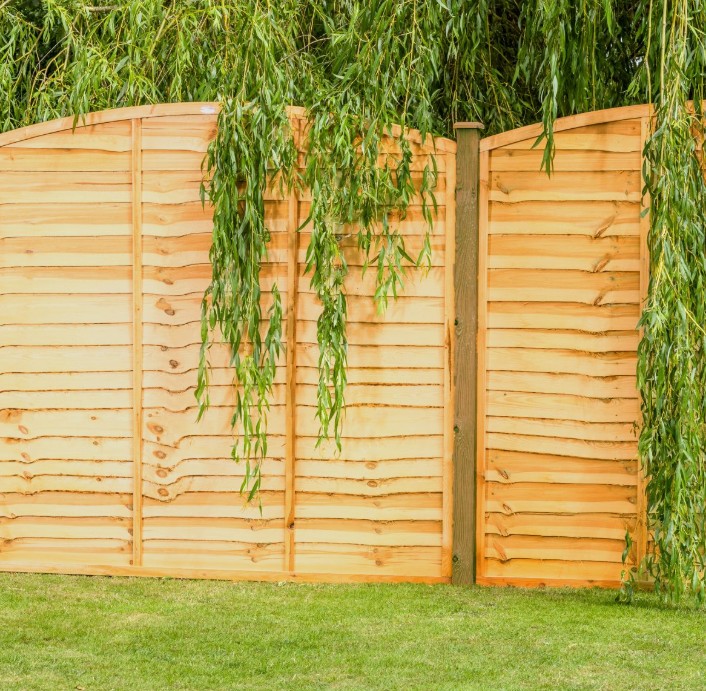When deciding which material is right for your driveway or paving project, you’ll need to consider factors such as how the space will be used, how much maintenance you’re willing to perform, and the look you want to achieve. Each option comes with its own strengths so choosing one that aligns with your practical needs and aesthetic preferences will ensure you create a driveway or patio that enhances your home for years to come.
For a traditional, rustic look, natural stone such as sandstone provides a textured, organic feel, while gravel and aggregates give a more relaxed, countryside charm. If you’re looking for a modern, minimalist finish, porcelain paving offers sleek lines and a smooth, uniform surface, perfect for contemporary spaces. Meanwhile, concrete can be customised with patterns and colors to suit a range of styles, from industrial chic to modern classic. Each material offers a distinct look and feel, allowing you to tailor your space to match your home’s architecture and your personal style.
When buying paving, it’s essential to consider a few key factors for the best results. Natural stone and Porcelain, for example, can have inherent variations in colour, texture and pattern, adding unique character to your project. Paving material can also look different when wet or dry, so be sure to check how the material will appear in various conditions. Additionally, always try and buy from the same batch to avoid noticeable color differences between pieces. Ensuring consistency will give your paved area a more cohesive and polished finish.
It can be hard to rely on online images to get a feel for the material, CJC have a huge range on display so why not pay us a visit.
Choosing Concrete for your driveway, offers affordability and durability make it a great option for high-traffic areas. Concrete is versatile and can be customized with various finishes, colors, and textures. However, it can be prone to cracking over time, especially in harsh weather, and may need resealing to maintain its appearance and longevity.
Block Paving is ideal for driveways and patios due to its durability and customisable design options.Installing block paving involves a systematic process to ensure stability and a clean, uniform finish. First, the area is excavated, and a sub-base of compacted hardcore is laid for strength and durability. Next, a layer of sharp sand is spread evenly, providing a level surface for laying the blocks. The individual blocks are carefully placed in the desired pattern, ensuring proper alignment and spacing. Once laid, the blocks are compacted using a vibrating plate, and jointing sand is brushed into the gaps to lock the paving in place and prevent movement.
Natural Stone, such as sandstone offers timeless beauty and a premium finish. It is incredibly durable and adds significant value to your property. Natural stone is a premium product and does requires some maintenance, including sealing to protect against staining and weathering, particularly in driveways and patios with frequent use. Installing natural stone paving requires careful preparation to ensure a long-lasting and stable surface. The process begins with excavating the area and creating a solid sub-base, typically made from crushed stone or hardcore, to provide a stable foundation. A layer of bedding mortar is then applied, onto which the stone slabs are carefully laid. Each stone is positioned and leveled to ensure a consistent finish. Jointing compounds are used to fill the gaps between the stones, ensuring a secure bond and preventing movement.
For a more contemporary look, Porcelain Paving is an excellent choice. It is low maintenance, resistant to stains, frost, and fading, and provides a sleek, modern finish. Installing porcelain paving involves a precise process to ensure durability and a flawless finish. First, the area is excavated, and a stable sub-base is laid to support the tiles. A solid, even layer of bedding mortar is then applied to secure the porcelain tiles. Given porcelain’s non-porous nature, proper adhesive must be used to ensure a strong bond. Tiles are carefully laid and leveled, and jointing material is added to fill the gaps. Once installed, porcelain paving requires minimal maintenance and offers excellent resistance to weathering, stains, and fading.



